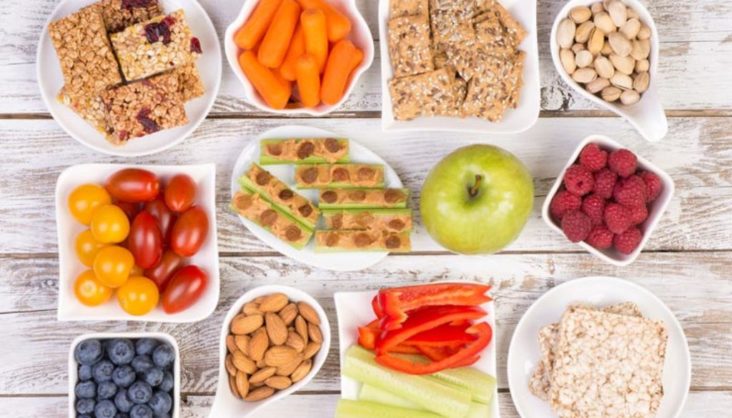Our days only have so many hours and our careers and family lives keep us using every minute of it. Just because our days are busy does not mean that we can forget health. Especially when busy, that added nutrition is needed to keep us energized. Follow these tips to keep those energy levels up, power through the day and help your overall wealth:
- Prepare in Advance
Make your mornings simple by preparing your snacks and meals the night before. Part of keeping healthy is lowering stress and by making your morning as simple as possible will help you start the day out right. You can even prepare snacks and meals during the weekend to prepare for your whole week! There are many sites like Amazon where you can find containers to freeze or put into the fridge. Now when the morning comes, you just grab the container and head out for an amazing day. - Never Skip Breakfast
Breakfast is exactly what it sounds like break-fast. You are breaking the fast from when your body was resting. Your breakfast is a strong determinant in how your day will go. There is a big difference between starting your day with a heavy donut that will leave you hungry an hour later or making a smoothie packed with nutrients. Which one sounds better after your body has not eaten in hours? - Convenience is Your Friend
In this day and age, there is no excuse for not having time to stop by the grocery store, even during your work week. Most chain supermarkets deliver and will bring fresh food right to your home or office. As eating fresh is important for keeping healthy, we need to go to the grocery store more than once a week. Researching your local options is a good idea so your fridge is always packed with fresh farmed foods. - Grab-and-Go
Along with preparing your meals and snacks ahead of time it is important to invest in a few snacks to keep around. Little raisin boxes or healthy granola bars are a must when stocking your desk drawer or car door. Eating small amounts throughout the day leaves you hungry less often. If we are hungry and do not have anything healthy around, our first instinct is to head to that vending machine or hop on a food delivery app. By keeping healthy pre-made snacks around, we can avoid these slips. - Water
Drink water. All day, every day. When you wake up the first thing you should do is drink water. Need something to drink with breakfast? Water. Go and find a reusable water bottle that you can keep with you everywhere you go and try to refill it several times a day. There is no such thing as drinking too much water.Focus on what dehydrates you and drink water after. Working out, drinking coffee and what your consuming dehydrates you and you must drink water to make up for it. Even alcohol dehydrates you. We are constantly dehydrated and do not even know it. Aim for about a gallon a day.
Keeping healthy on the go seems daunting, but if you prepare and plan ahead of time it will become much easier. Set yourself up for success and make sure you are always stocked with quality options wherever you go the most. If you plan to travel you can even plan ahead for that! Know how your days are planned and prepare accordingly! Your body will thank you for it.



